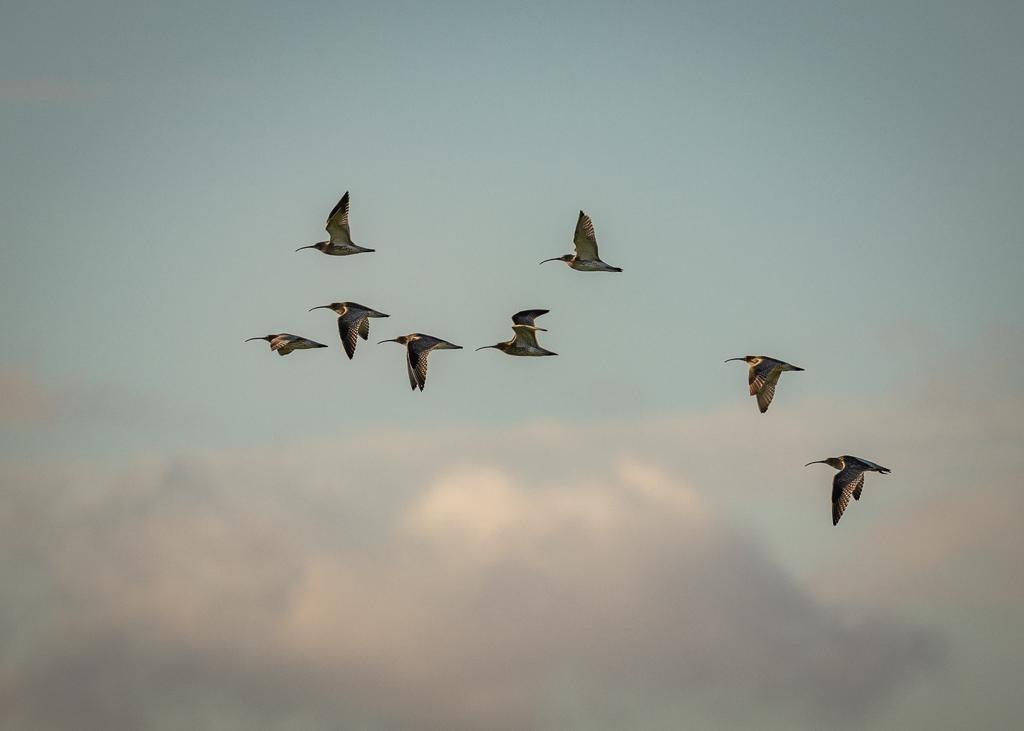- 08/03/2023
Curlew numbers have been crashing in recent years but at Elmley we are part of an exciting project to help restore the breeding population
Share this:
Curlew numbers have been crashing in recent years as more adult curlew are dying than are being replaced. Curlew live up to 30 years so we have been slow to notice their falling population. Habitat change from silage cutting (a farming technique of cutting long grass in Spring for milk production) and predation of eggs and chicks are the main causes of their decline.
To help stabilise, and hopefully restore, the lowland breeding population several projects are underway to 'head start' curlew - this is a well-practiced conservation technique which helps increase the numbers of a species by supporting them closely from eggs to fledging and thus increase the overall population. We can give curlew a fighting chance in lowland England!
Elmley is part of the South of England Curlew Project and have officially been granted a Natural England license to receive and rear curlew eggs this Spring.
Work is now underway to get the team and equipment together and it would be fantastic to have your support!
The project is expected to cost approximately £30,000 and we have had seed funding for equipment of £10,000 so if you would like to help curlew and create a possible Elmley breeding population please donate via the button below.
Curlew are in trouble in lowland England, with too few young curlew surviving to fledge.
We are pitching in all we can to help them by raising vulnerable eggs to fledging at Elmley.
To do this we need specialist equipment and support so by donating you will contribute directly to helping increase the lowland population of curlew in the UK.
As a country we have 40% of the global population so every pair counts.
On average this type of project is known as 'head-starting', the close support of egg to chicks, increases the fledging success from 0.2 chicks per brood to 3.2 chicks per brood - that's an enormous improvement and will help breeding curlew survive in lowland England.
Last year we fledged 26 Curlew and 5 were GPS tagged, as we hope any birds fledging at Elmley will be site faithful and so benefit from a vast habitat of mud flats, saltmarsh and wet grassland marshes which we have at Elmley and Swale N NR. They have a much better chance of breeding successfully here too in future years. The first of these fledged Curlew are approaching maturity and one has paired up with a wild bird which is really exciting, giving hope of restoring the population.
Any donation large or small would be greatly appreciated.
If you, or someone you, know has experience as an aviculturist (feathery fingers) please do get in touch gareth@elmleynaturereserve.co.uk
Thank you
